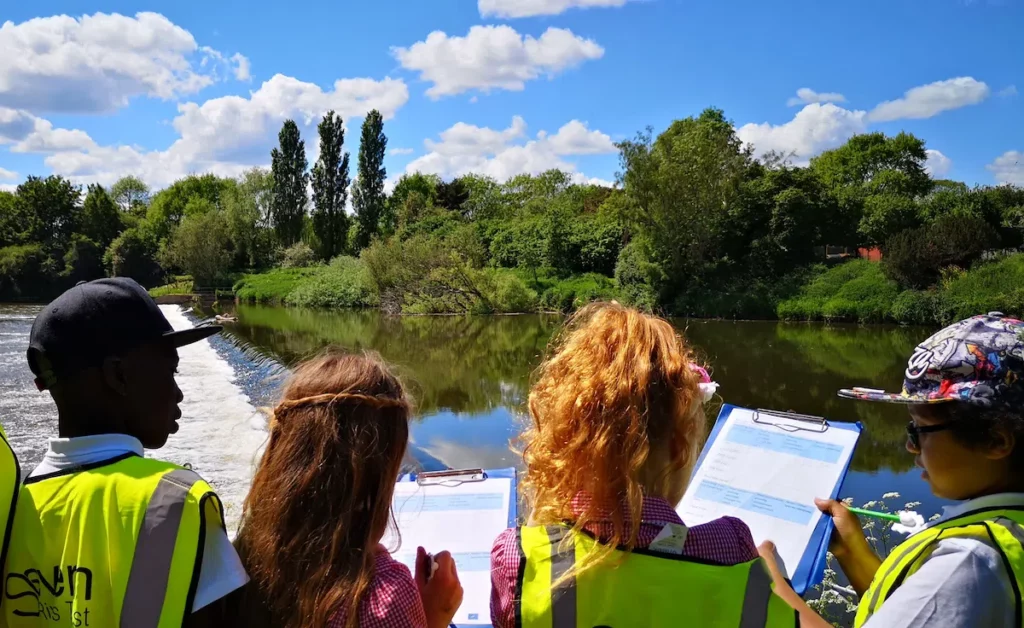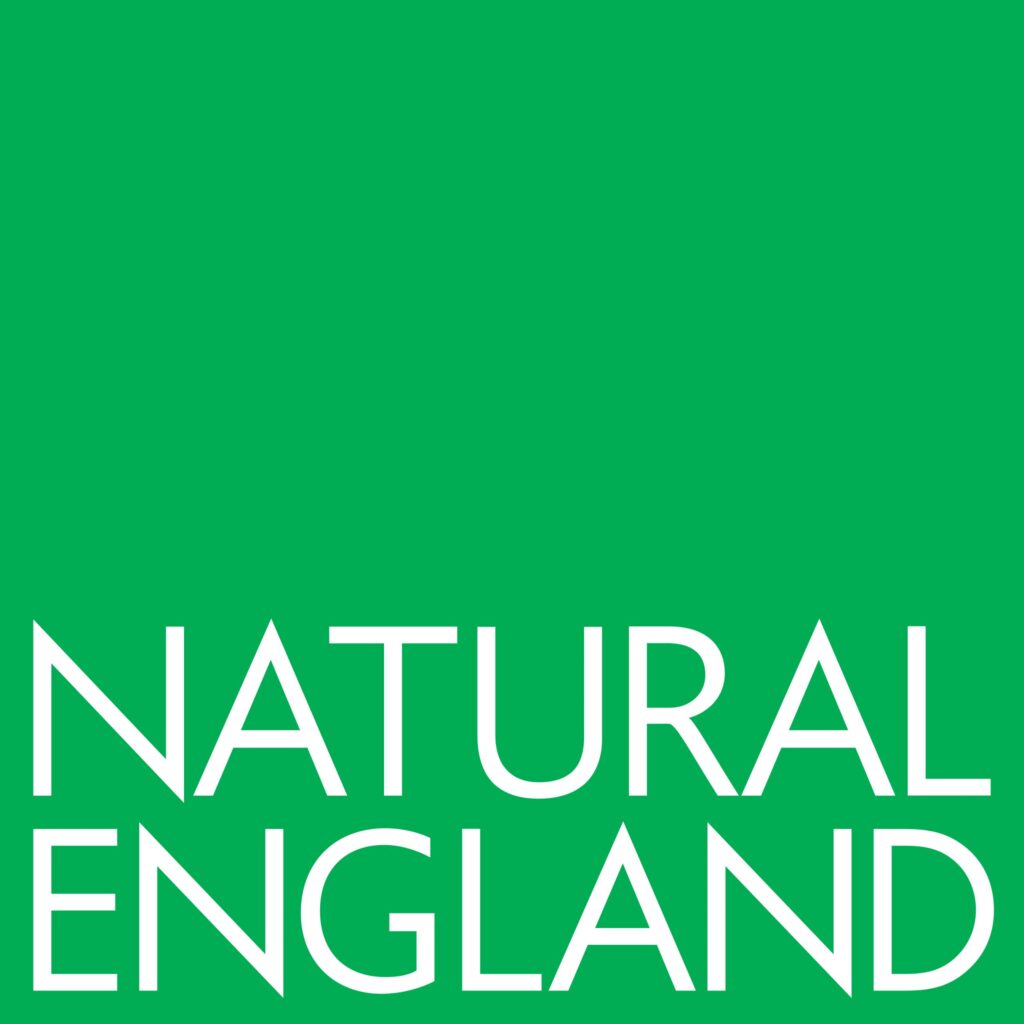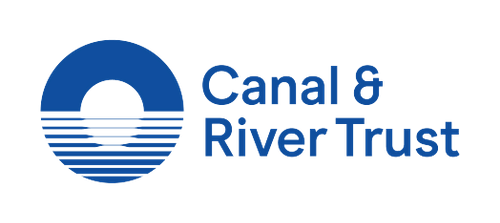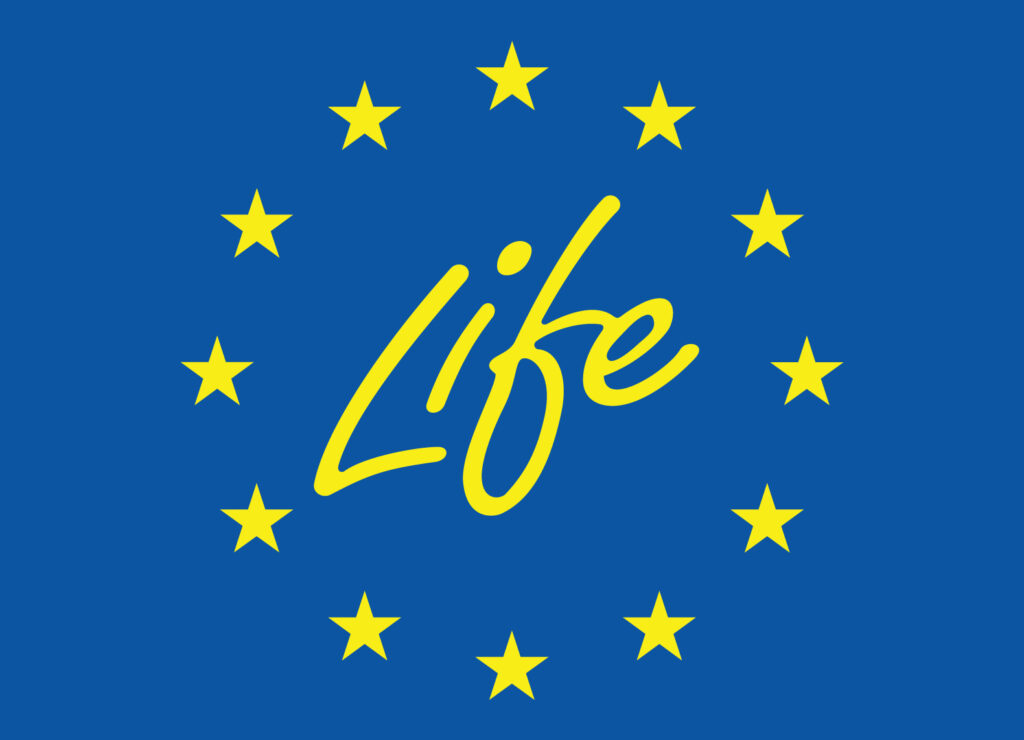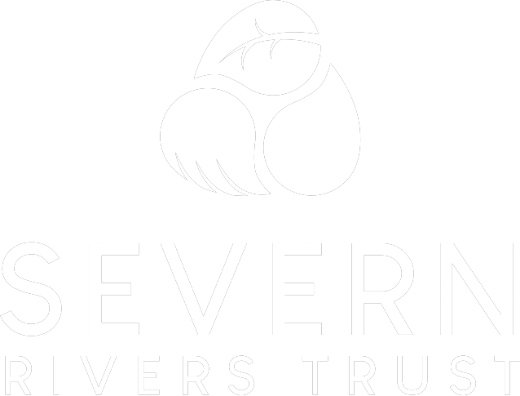Unlocking the Severn was a huge-scale river project, restoring connectivity for migratory fish on the UK’s longest river and engaging millions of people with the fascinating natural, cultural, and industrial heritage of the Severn.
The challenge
The twaite shad are a fish species that were once seen migrating upstream in their hundreds of thousands each May but became separated from their natural spawning grounds by artificial river barriers, sending the population into chronic decline and confining them to lower reaches of the River Severn downstream of Diglis weir in Worcester.
Aims & Targets
- Restore upstream passage and access for the shad and other migratory species. Ambitious and complex engineering and construction of fish passes to reconnect migration routes with historic spawning habitat, restore connectivity and improve access upstream for all species of fish.
- Monitor populations and behaviour using cutting-edge techniques and citizen science to increase knowledge and understanding of the twaite shad and prove successful upstream migratory passage through the new fish passes.
- Share monitoring results and findings including an internationally attended scientific conference and networking with other technical fisheries specialists and river managers around the world.
- Raise Awareness through an extensive programme of community engagement activities including school visits, public tours, community arts initiatives, exhibitions, and volunteering.
Diglis Fish Pass
The weir at Diglis was the first insurmountable barrier that shad encountered on their migration route, and it is here that Unlocking the Severn have built the largest deep-vertical-slot fish pass. It is 100 metres long, 8 metres wide and 5 metres deep. At the time of construction, it was the largest fish pass of its kind
in England and Wales. Uniquely, it contains an underwater viewing window that provides the ability to film migrating fish using the pass and also gives visitors their own chance to glimpse wild fish swimming by.
This type of fish pass works well in the wide range of flow conditions experienced on the River Severn. They are suitable for a broad range of fish species, all with slightly different needs and preferences for how they swim through a pass.
Construction commenced at Diglis in August 2019 and the first phase was to install the outside structure of the fish pass. This consisted of huge 16m-long steel sheets or piles, driven up to 9m into the ground. During the build there were several winter interruptions from flood waters and a short-term closure of the site at
the outset of the pandemic. Nevertheless, work soon moved on to the excavation phase, digging a trench for the fish pass which was large enough to fit 32 London
buses inside!
Once the excavation was complete, the next step was forming the inner elements of the fish pass. The pass consists of a series of 11 ascending pools, each pool just 20cm higher than the previous one. This breaks one big jump in the water level, created by the weir, into a series of more manageable steps for the fish.

